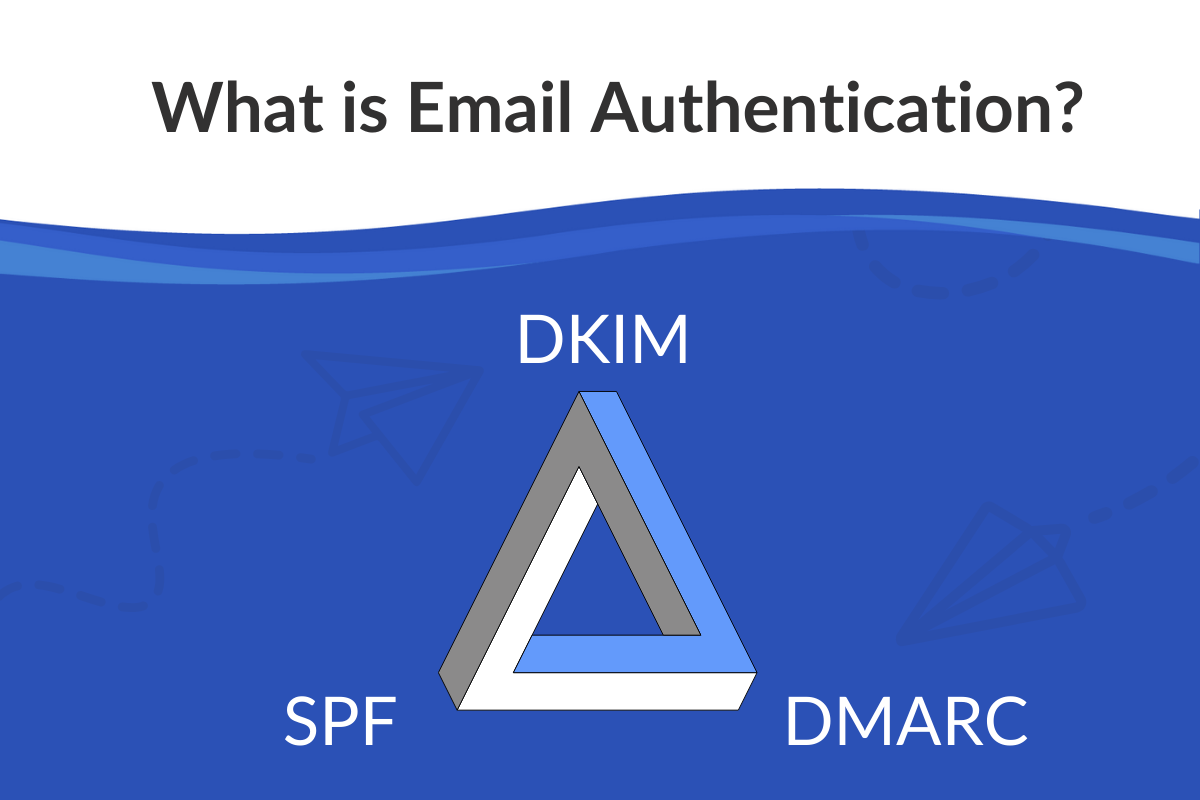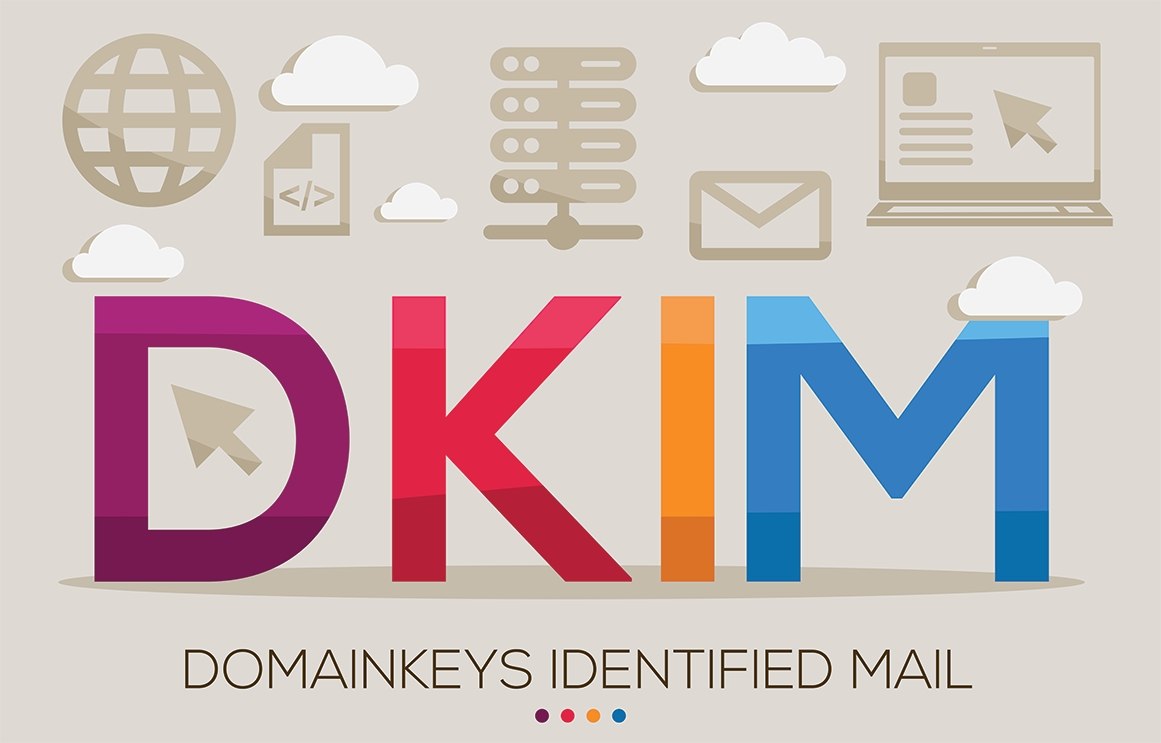The Power of Clarity in Internal Communications
In the dynamic realm of internal communications, clarity stands as a silent champion that can either elevate or undermine your message. In a landscape where effective communication is paramount, ensuring that your emails are clear and concise becomes imperative. Let’s delve into why clarity holds such significance in internal communications.
Why Effective Communication Matters
Effective communication serves as the lifeblood of any organisation. It facilitates seamless collaboration among teams, ensures alignment among employees, and significantly contributes to the overall success of projects and endeavours. It’s the distinction between a smoothly operating mechanism and one prone to encountering obstacles. Clarity forms the bedrock of effective internal communication.
Eliminating Ambiguity
Clear communication leaves no room for ambiguity or misunderstanding. Crafting emails with precision eradicates any chance of confusion. Ambiguity can result in wasted time, errors, and overall inefficiency. Clarity in internal communication sets clear expectations and enables recipients to comprehend the message immediately.
Boosting Productivity
Consider a scenario where your team receives a lengthy, convoluted email, leaving them puzzled and unsure of what action to take. Productivity takes a hit as employees struggle to decipher the message. Conversely, when emails are crystal clear, teams can focus on their tasks with a clear understanding of what is required. Clarity enhances productivity by minimizing time spent interpreting messages.
Enhancing Engagement
Engagement serves as the catalyst in internal communications. Clear messages captivate your audience. When employees can swiftly grasp the content of an email, they are more inclined to engage with it, whether by responding to a call to action, sharing vital information with colleagues, or providing feedback. In essence, clarity fosters engagement.
Reducing Miscommunication
Miscommunication can lead to costly errors and misunderstandings. Prioritising clarity in emails minimizes the risk of such mishaps. Clear communication ensures that everyone comprehends their role, the project’s objectives, and the associated deadlines. Miscommunication often arises from poorly worded or vague messages, making clarity a vital safeguard against misunderstandings.
Fostering Trust
Trust forms the cornerstone of a healthy work environment. Clear, transparent communication is instrumental in building and maintaining trust within an organisation. Consistently receiving clear, truthful, and reliable messages instils trust in the sender. Trust cultivates a positive organisational culture.
The Role of Empathy
Empathy plays a pivotal role in crafting clear messages. It’s not merely about the words used; it’s also about understanding how the message will be received. Put yourself in the recipient’s shoes. What information do they require? What tone will resonate with them? By infusing empathy into communication, clarity is enhanced, ensuring alignment with the recipient’s perspective.
In conclusion
Clarity in internal communications serves as the linchpin of a well-functioning organisation. It eradicates ambiguity, enhances productivity, fosters engagement, reduces miscommunication, builds trust, and integrates empathy into the message. When you send an email that is clear and concise, you contribute to the success of your organisation.

Adam Baldock-Apps
Growth Marketing Manager
Passionate Marketing and Growth leader. Driving Digital Innovation and Brand Growth, expert in Tech and SaaS Marketing.
Relevant resources

Apple’s Mail Privacy Protection feature…
What is Mail Privacy Protection?
Anyone with an Apple device that has recently updated iOS 15 or iPadOS 15 may have opened their

SPF DKIM and DMARC What are they and why are they important
New rules for bulk senders have sparked email senders to implement SPF DKIM and DMARC email authentication methods. But what exactly are they and why are they important? In February 2024 Google will introduce many new requirements for bulk senders, you

What is DKIM?
Having the correct authentication can double your open rates. DKIM acts as an authentication process that protects organisations against spam and phishing.



